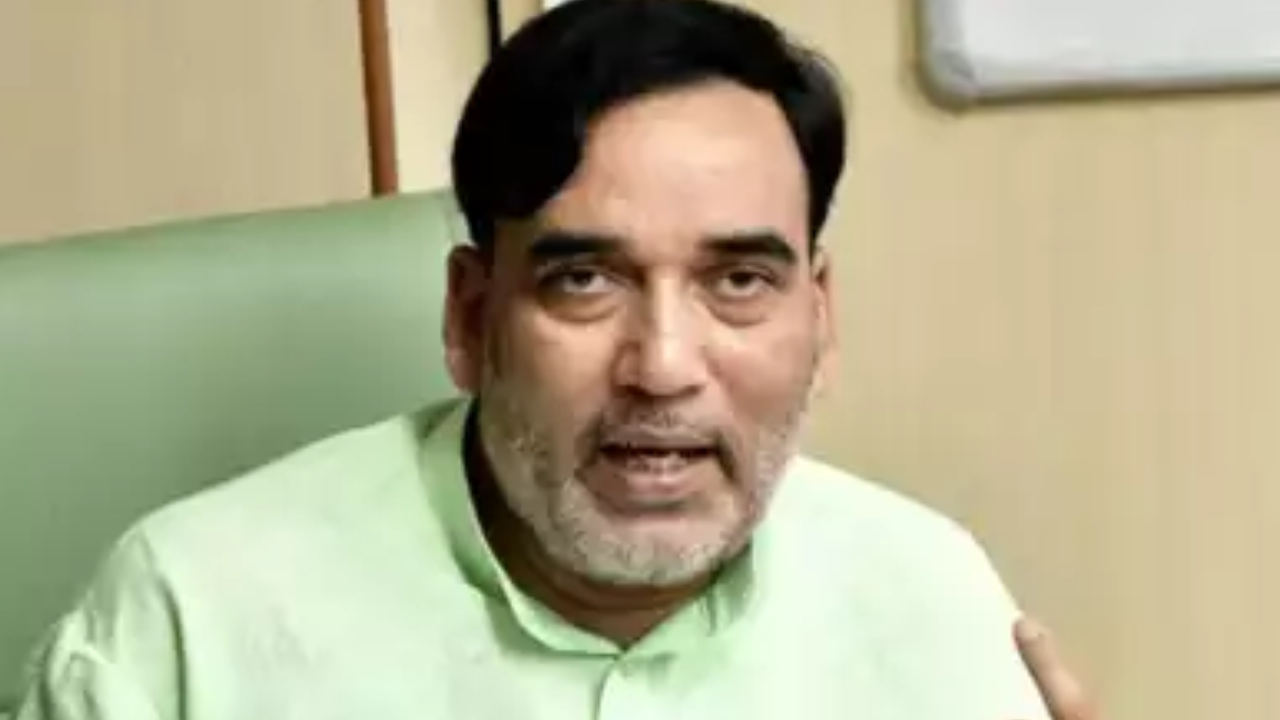
New Delhi: The Delhi government will look into the “practical problems” that can arise out of the proposed ban on BS-IV diesel vehicles if air pollution rises to the “severe plus” level, and take a call after holding discussions with people, Environment Minister Gopal Rai has said.
As part of its new policy to curb air pollution in Delhi-NCR, the Commission of Air Quality Management (CAQM) has for the first time recommended Delhi and NCR states to impose the ban on diesel four-wheelers when the air quality index (AQI) breaches the 450 mark.
According to reports, the ban is projected to impact around 9.5 lakh diesel vehicles, including private cars, and could lead to a crisis for commuters if enough arrangements are not made.
“The commission has recommended banning BS-IV diesel vehicles in emergency situations. We will further examine it. Look into the practical problems and take a call after holding discussions with people,” Rai told PTI.
An AQI between zero and 50 is considered “good”, 51 and 100 “satisfactory”, 101 and 200 “moderate”, 201 and 300 “poor”, 301 and 400 “very poor”, and 401 and 500 “severe”.
Asked about the CAQM’s new policy, Rai said the states need political will power to implement it properly.
The policy lists sector-wise action plans to curb air pollution in Delhi-NCR in the next five years.
“The problem is that the CAQM cannot implement policies. The states have to do it. Haryana, for example, still allows diesel generator sets in certain areas that lack power supply. It has been going on for years.
“We have banned firecrackers bursting in Delhi, but still people do. Where do you think these firecrackers come from?” he asked.
The problem of air pollution in Delhi-NCR persists despite several directions by the Supreme Court, Central Pollution Control Board, and CAQM because neighbouring states are not serious about implementation, he said.
The minister said the air pollution issue in the region can only be resolved through a panel of state environment ministers which should meet once every month.
Asked if the hike in LPG prices force people from low-income strata to fall back upon coal and firewood, Rai said, “LPG is the basic requirement of people. No one will use coal if the government makes LPG cylinders affordable.”
In the fourth such hike this year, prices of non-subsidised LPG went up by Rs 50 from July 6.